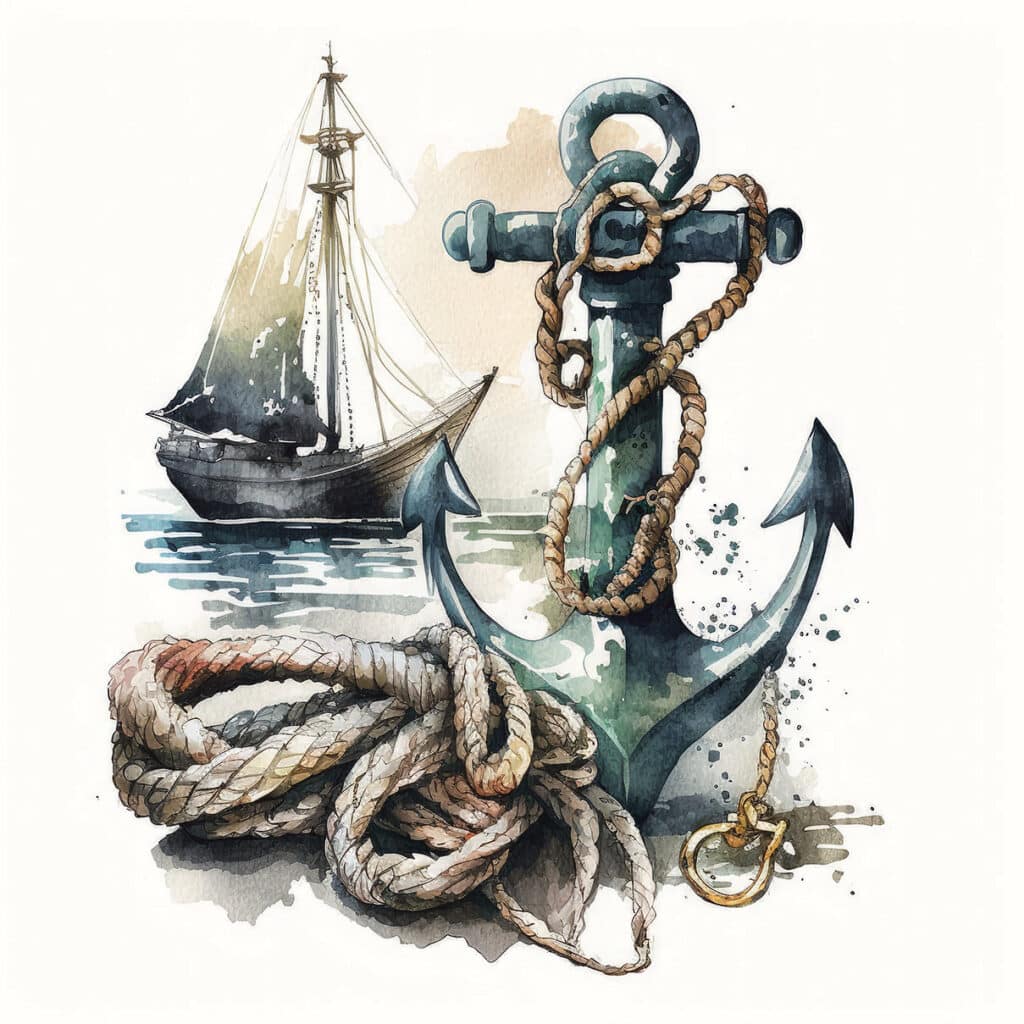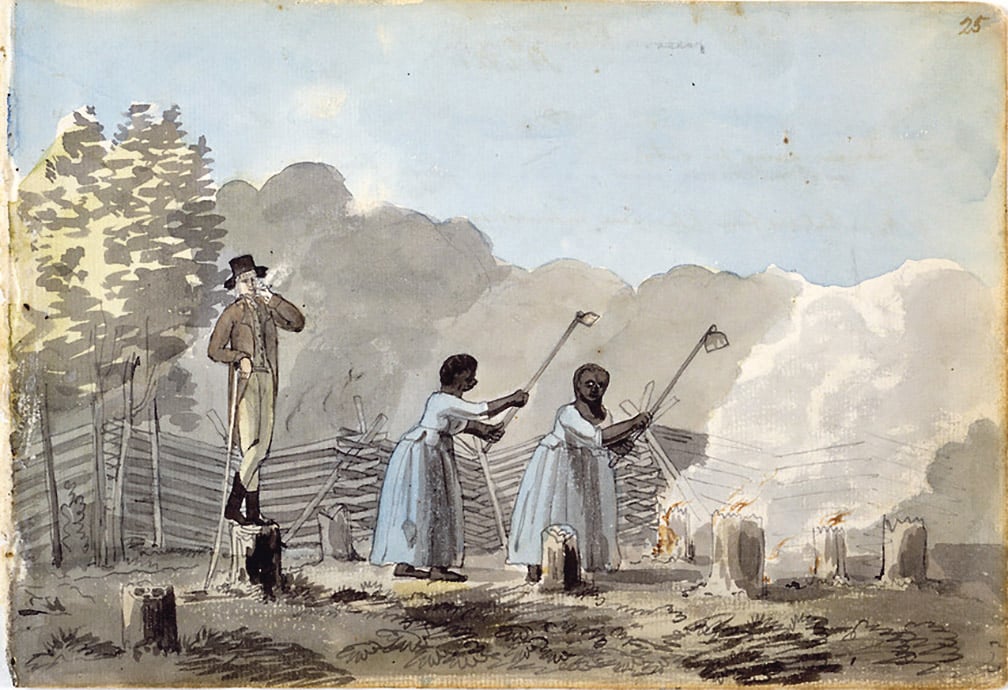It is surprising the number of phrases, which were once used only in nautical situations, that have been adopted into everyday speech. Many nautical terms derive from the ‘Age of Sail’, the period of time between the 16th and 19th centuries, when masted ships ruled the seas.

Ahoy – This old traditional greeting for hailing other vessels was originally a Viking battle cry.
Batten Down the Hatches – a phrase used to prepare for a storm, or in everyday language, prepare for a difficult upcoming situation.
As the crow flies – is used to describe the shortest distance between two places. It is not usually realised that it has nautical connections. In olden days, when lost or unsure of their position in coastal waters, ships used to release a caged crow. The crow would fly towards the nearest land, thus giving the vessel some sort of a navigational fix. The highest lookout platform on a ship came to be known as ‘the crow’s nest’.
Fair winds and following seas – a phrase derived from two original sources that has become a nautical blessing used to wish someone good luck on their journey.
Walk the plank – Sailors, usually pirates, set a plank that would hang off the ship’s side and made the punished sailors walk to the end and meet their death in the ocean. Today it’s a metaphor for receiving a punishment or facing a situation beyond one’s control.
To the bitter end – has come to mean to the last extremity, to the end of one’s endurance. The ‘bitt’ is a post at the ship’s prow to which the end of an anchor’s cable is fastened. If all of the anchor cable has been let out, you have come to the ‘bitter end’.
Chewing the fat – is a slang term for continuing to argue a point of view against all reason. ‘God made the vittle but the devil made the cook’ was a popular saying used by seafaring men in the 19th century when salted beef was the staple diet aboard ship. The tough cured beef, suitable for longer voyages, when nothing else would keep as well required prolonged chewing to make it edible. Men often chewed one chunk for hours and referred to this practice as ‘chewing the fat’.
Fathom – A fathom was originally the Anglo-Saxon word ‘faetm’ meaning to embrace. In those days, most measurements were based on the average size of parts of the body, such as the hand (still used in measuring horses) or the foot. A fathom is the average distance from fingertip to fingertip of the outstretched arms of a man, about six feet. Since a man stretched out his arms to embrace his sweetheart, the British Parliament declared that distance be called a fathom and that it be a unit of measure. A fathom remains six feet. The word is also used to fathom something, meaning to try to understand, to get to the bottom of something.
Know the ropes – In the early days of sailing, this phrase was written on a seaman’s discharge to indicate that he was still a novice, that all he knew about sailing was just the names and uses of the principal ropes. Today, this phrase means the opposite, that a person fully knows and understands the operation.
Devil to pay – Today the expression ‘devil to pay’ is used primarily to describe having to face an unpleasant consequence from action that shouldn’t have been done and as a result there will be the ‘devil to pay’. Originally this expression described one of the unpleasant tasks aboard a ship. The devil was the wooden ship’s longest seam in the hull. Caulking was done with pay or pitch (a kind of tar). The task of ‘paying the devil’ (caulking the longest seam) by squatting in the bilge was despised by every seaman.
Three sheets to the wind – If you say a person is three sheets to the wind, you are stating that he is drunk, unsteady on his feet. A sheet is a rope line which controls the tension on the downward side of a square sail. If, on a three-masted fully-rigged ship, the sheets of the three lower course sails are loose, the sails will flap and flutter and are said to be ‘in the wind’. A ship in this condition would wander aimlessly about.
Another expression to describe a person feeling the effects of too much alcohol is ‘under the weather’. If a crewman is standing watch on the weather side of the bow, he will be subject to the constant beating of the sea and the ocean spray; he will be ‘under the weather’.
In English slang to be ‘pooped’ is to be exhausted, out of breath. The poop is the stern section of a ship. To be pooped, in nautical terms, is to be swamped by a high following sea.
A ‘fly-by-night’ is someone who gads about at night, an irresponsible person. It also derives from a nautical term. A fly-by-night is a large sail used only for sailing downwind and requiring little attention.
Sailing close to the wind – a term used to describe sailing as close to the direction of the wind as possible. This phrase means to be on the verge of doing something illegal or improper.
Sea legs – the ability to adjust to the motion of a ship and maintain balance; To ‘have one’s sea legs’ is to be able to walk calmly and steadily on a tossing ship, or to become accustomed to a new or strange situation.



